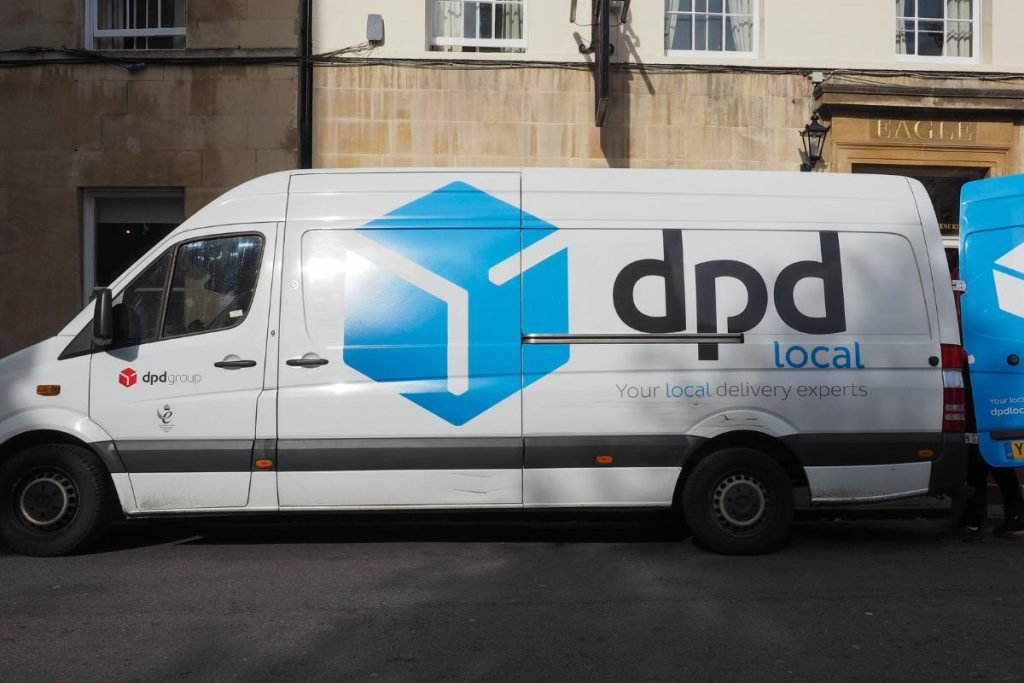Best Tips to start a transport or logistics company
Starting a logistics company or your own transport business can be exciting and rewarding, but it also comes with its fair share of challenges and considerations. Whether you’re interested in running a taxi service, a freight hauling operation, same day courier service or any other type of transportation business, it’s essential to approach the endeavour with careful planning and a solid strategy.
This post will explore the key steps and considerations to advise on how to start a logistics company from the bottom up.

Starting a logistics company with research and market analysis
Before diving into the transportation world, you must conduct thorough research. Understanding your target market, competition, and industry trends is crucial. Here are some aspects to consider:
Market Demand: Identify the demand for transportation services in your chosen location. Are there underserved niches or specific routes that require attention?
Competition: You can successfully start a logistics company only if you analyse your competitors early on. What do they offer, and how can you differentiate yourself from them? Can you identify any gaps in their services?
Regulations: Familiarise yourself with your transportation business’s regulatory requirements and permits. This can vary significantly depending on the region and the nature of your services.

An ‘incombustible’ business plan
A comprehensive business plan is your roadmap to success. It should include:
Executive Summary: A concise overview of your business idea and goals to starting a logistics company and succeeding.
Market Analysis: Detailed information on your market research findings.
Company Structure: Outline your business structure, whether it’s a sole proprietorship, partnership, LLC, or corporation.
Services and Pricing: Specify the transportation services you’ll offer and your pricing strategy.
Marketing and Sales: Describe how you’ll attract customers and grow your client base.
Financial Projections: Include projected income statements, balance sheets, and cash flow statements for the next 3-5 years.
Funding Requirements: Determine how much capital you need to get started and where it will come from (personal savings, loans, investors, etc.) Don’t wait until you are about to purchase before raising the capital or applying for a loan. These things can take much more time than initially anticipated.

Legal considerations of starting a transport company
Starting a transportation company often involves various legalities. You may need licenses, permits, and insurance specific to your niche. Consult with a Corporate lawyer specialising in business law to ensure you comply with all local and federal regulations.

Vehicle Acquisition for your logistics or transport company
The heart of your transportation business is the fleet of vehicles. You may need cars, trucks, buses, or specialized vehicles, depending on your business model. Consider cost, maintenance, fuel efficiency, and safety features when acquiring vehicles. Financing options, such as leasing or loans, should also be explored. Owning a fleet of vans or lorries comes with several advantages, including increased control and flexibility over transportation procedures. With a dedicated fleet, businesses can customise their operations to suit their specific needs, allowing quick responsiveness to changing market demands and adapting to unforeseen circumstances. One such business that has adapted well is National courier services Birmingham.

Staffing and Training – How to start a logistics company
Hiring the right employees is critical to running a successful transport business. Depending on the size of your business, you may require drivers, mechanics, customer service personnel, and administrative staff. Ensuring that your staff is adequately trained, licensed, and knowledgeable about safety regulations is essential. This will help to prevent accidents, reduce the risk of damage to your vehicles and cargo, and maintain a positive reputation in the industry. A well-trained and competent team can also improve customer satisfaction and help your business grow.

Marketing and branding your logistics company or courier service
Marketing and branding are crucial for the success of any business, and the same goes for transportation businesses. To establish a strong brand identity, you can start by creating a professional logo representing your company’s values and mission. A user-friendly website with comprehensive information about your services and features is also essential.
Marketing materials such as business cards, brochures, and flyers can help to promote your business and attract potential customers. Utilizing online and offline marketing strategies can help you reach your target audience. For instance, social media advertising effectively gets a large audience and promotes your services. Search engine optimization (SEO) can also improve your website’s visibility on search engines, thus increasing your chances of getting more customers.
In addition to online marketing methods, traditional advertising techniques such as billboards, radio ads, and print media can also be helpful. Utilizing these marketing strategies can establish your brand identity, increase your visibility, and ultimately drive more business.

Customer services for the transportation enterprise
In the transportation industry, delivering excellent customer service is crucial to setting you apart from your competitors. Responding promptly to customer inquiries and addressing concerns can help to build trust and loyalty with your clients.
As a transport business owner, you must train your staff to handle customer inquiries and complaints professionally and efficiently. You can also consider implementing loyalty programs to retain and attract clients. These programs can include rewards for frequent customers, discounted rates, or other perks incentivising customers to choose your services over competitors.
Moreover, providing personalized experiences to your clients can also help to improve customer satisfaction and retention. For instance, you can offer customized routes or schedules to meet specific customer needs. By going above and beyond to ensure customer satisfaction, you can establish a positive reputation in the industry and attract more business.

Financial services for your transport company
Maintaining meticulous financial records is critical to running any business, including a transport business. Keeping track of your income and expenses can help you make informed financial decisions and ensure your business is profitable.
Regularly reviewing your financial performance against your business plan is also essential. This can help you identify areas where you may be falling short of your goals or areas where you are exceeding your expectations. By analyzing your financial performance, you can make necessary adjustments to your strategy to meet your business objectives.
Adjusting your strategy may involve changing your pricing, marketing, or operational approach. For instance, if your revenue is lower than expected, you may need to explore new marketing channels or adjust your pricing to improve profitability. Alternatively, if your revenue is higher than expected, you may need to consider expanding your services or increasing your workforce to accommodate the growth.
By regularly reviewing your financial performance and adjusting your strategy as necessary, you can ensure that your transport business remains profitable and sustainable in the long run.
Contemplating how to start a logistics company or transport business is a significant undertaking, but with careful planning, dedication, and a clear vision, it can be a fulfilling and profitable endeavour. Be patient, and adaptable are essential in an industry subject to external factors like fuel prices, economic trends, and changing regulations. With a solid business plan and a commitment to delivering top-notch transportation services, you can pave the way for a successful venture in this dynamic industry.

